Still My Dad: Finding Joy, Purpose, and Connection Through Alzheimer’s
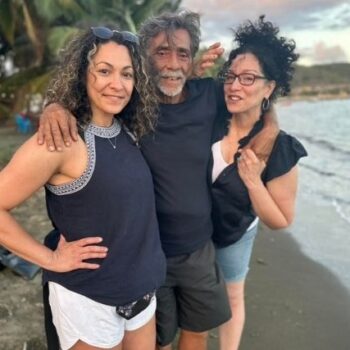
If there’s one thing I’ve learned, it’s that Alzheimer’s doesn’t have to erase a person. My dad is still here.
April 17, 2025
Madeline Bastida is a devoted daughter and Alzheimer’s advocate whose caregiving journey inspires her to support families facing Alzheimer’s to ensure no one ever feels alone.
In 2019, my father Fernando Burgos was diagnosed with Alzheimer’s disease at 67 years old.
At the time, I didn’t fully understand how much our lives would change. I just knew that he needed care, and I wanted him to be safe. I had no idea how much I would learn about patience, resilience, and finding joy in unexpected places.
In his younger years, my dad was the life of the party. He worked in Manhattan, always surrounded by people who loved and admired him. He had an incredible sense of style, smooth moves on the dance floor, and a joie de vivre that naturally drew people in. He hosted gatherings, made friends easily, and could turn any moment into a celebration. That’s who he was—vibrant, independent, and full of life.
But Alzheimer’s doesn’t care who you are. It slowly chips away at the things that once made you, you. And for my dad, that meant losing pieces of independence he had always cherished.
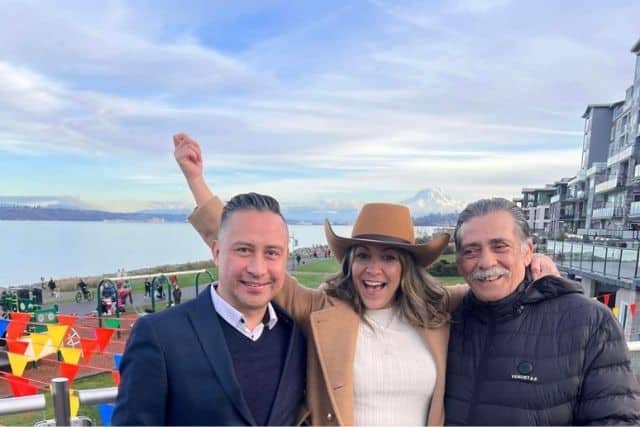
A fresh start
When we made the difficult decision to move him to Washington State from Puerto Rico in 2023, I worried about how he would adjust. It wasn’t just a different place, it was a different world. The familiar faces and routines of Puerto Rico were gone. The warmth of the island, the sounds of home, even the simple joy of chatting with neighbors, everything had changed.
At first, it was difficult for him. He was confused, frustrated, and struggling to understand why he wasn’t back in his old life. I realized quickly that if I wanted to help him transition to his new reality, I had to meet him where he was, not where I wished he could be.
We focused on what made him happy. Music was everything for my father. He loved the 1970s, so I filled our home with the songs that made him light up. We noticed that familiar melodies brought him back to himself, if only for a few fleeting moments. We also recognized that routine was key. I made sure he had structure in his day, always keeping things predictable and calm. Most important, I found ways to help him feel independent.
One of the hardest parts of Alzheimer’s is the loss of control. My dad had spent his life working, leading, and making decisions. I didn’t want him to feel like he was just being taken care of; I wanted him to feel like he still had a voice.
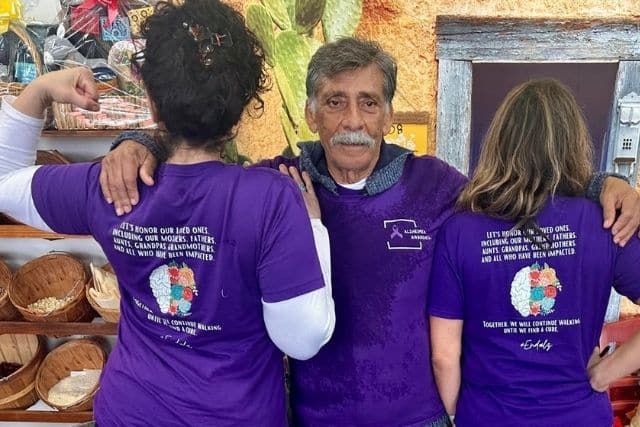
We created a space just for him. I built a shelf in his favorite color—royal blue—and decorated it with disco ball knobs, a tribute to his love for music and dancing. We labeled everything to help him feel like he was in control, and I gave him small tasks that made him feel involved. Whether I asked him to organize his things, help with little household projects, or to choose what music to play, I made sure he still felt like he had a say in his life.
And it worked. He started to settle in, to smile more, to engage with the world around him. It wasn’t the life he once had, but it was still a life filled with joy.
To help him reconnect with his past, we got him a vinyl record player so he could play his old music on his own. The sound of a record spinning, the act of placing the needle down on the vinyl seemed to bring back a sense of familiarity and comfort. Sometimes we had to think creatively and go back in time to meet him where he was mentally. That meant getting him a pager because, in his mind, he was still living in the ‘70s. It was all about making him feel like himself, in a way that made sense to him.
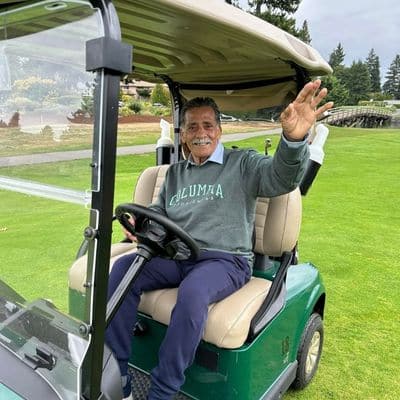
Lessons learned through caregiving
Looking back, there are so many things I wish I had known when we started this journey.
I wish I had known how important patience would be. Alzheimer’s is frustrating for both the person living with it and their caregivers. There were days when I wanted to scream, cry, and walk away. But I learned that patience wasn’t just about waiting, it was about truly seeing my dad for who he was in each moment, even as that changed.
I wish I had known how isolating caregiving can feel, and how important it is to have a community. At first, I tried to handle everything on my own, but I quickly realized that no one should do this alone. That’s why I advocate so strongly now—to let others know they don’t have to go through this by themselves.
I also wish I had known that small moments matter the most. Big milestones fade, but the little things like dancing in the kitchen, laughing at an old joke or memories, sitting quietly and holding hands are the moments I come back to again and again.
Experiencing my father’s decline in August 2023 was a wake-up call. It made me realize how little support there is for families like mine, how hard it is to navigate this disease, and how many people feel lost and alone. That’s why I share our story; not just to honor my dad, but to help others who are walking this path.
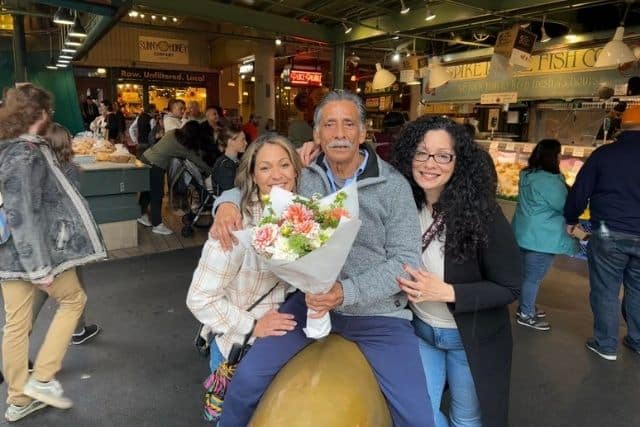
As of today, my dad lives in a memory care home just fifteen minutes from my house, where he receives 24/7 support. Though his words come more slowly and his confusion and limited mobility keep us from walking as much, he still comes home on weekends to his own room. I treasure our afternoon outings before sunset, reminding him, even when he grows upset, that he’s loved and never alone. We are all deeply involved in his care, attending every doctor’s appointment and advocating for his needs, ensuring his voice is heard and his dignity preserved.
If there’s one thing I’ve learned, it’s that Alzheimer’s doesn’t have to erase a person. My dad is still here. He is still my dad. Our bond just looks different now. Through love, patience, and purpose, we are still finding joy—one disco ball, song, and small moment at a time.